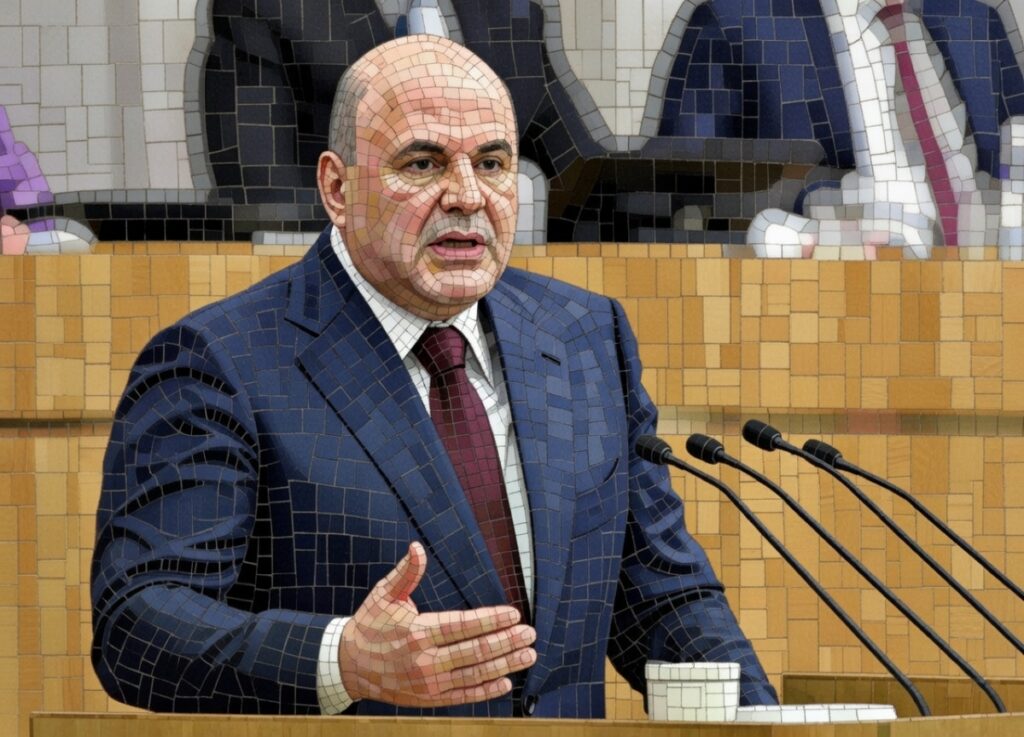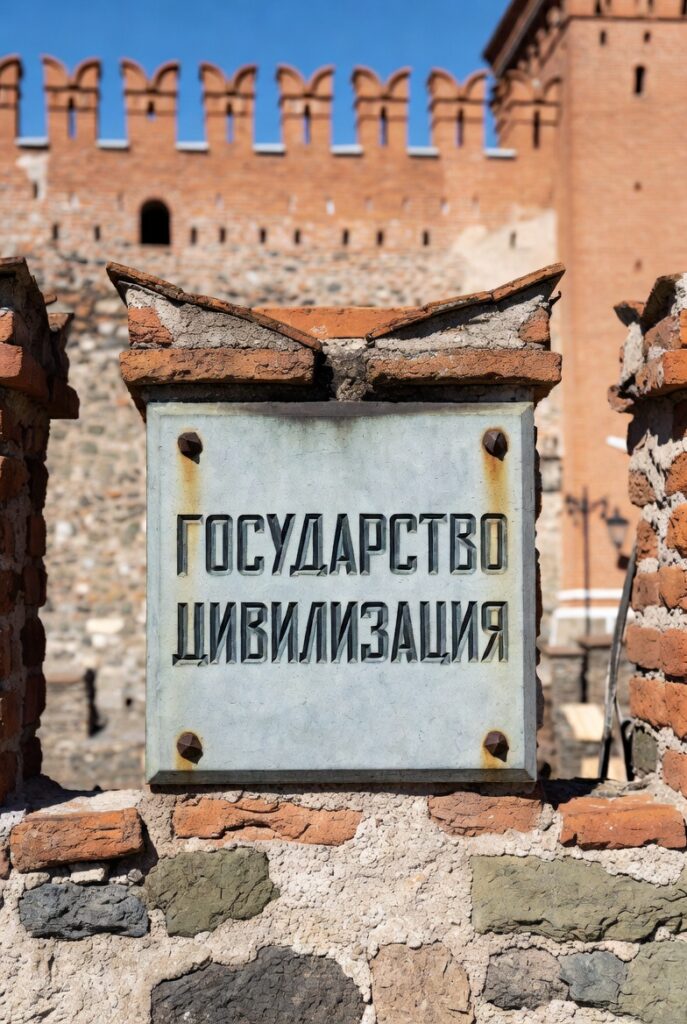Law enforcement agencies are increasingly targeting the systemic Communist Party of the Russian Federation (CPRF), primarily its regional branches. In the Lipetsk region, where elections to the Lipetsk City Council are scheduled for September, officers from the local Center for Countering Extremism («Center E») searched the regional party office. They were looking for extremist materials and seized campaign materials and computer equipment. According to CPRF representatives, the search was prompted by an issue of the newspaper Pravda, in which the party demanded the resignation of Lipetsk region governor Igor Artamonov.
«The operational activities were conducted based on a resolution for a public operational-search measure titled ‘Inspection of premises, buildings, structures, land plots, and vehicles.’ It stated that ‘CPRF representatives may be involved in organizing mass riots and extremist activities aimed at undermining the state system and destabilizing the political situation in the region,’» the CPRF regional committee claimed on its Telegram channel.
The troubles for Lipetsk communists did not end there. Police visited the branch twice more, ostensibly for another reason: the head of the regional committee and regional parliament deputy, Sergei Tokarev, was accused of holding unauthorized events, which law enforcement deemed to be meetings with voters. These repressions in Lipetsk might seem isolated if not for the seven-day administrative arrest of Ivan Apostolevsky, the head of the CPRF faction in the Leningrad region’s Legislative Assembly. The reason was his 2017 social media posts expressing support for Alexei Navalny, whose images are now considered extremist materials.
The first search in the Lipetsk regional committee took place last week, prompting a negative reaction from the CPRF’s federal leadership. Previously, this would likely have led to a softer stance, but this time, police pressure continued. Notably, communists enjoy popularity in the Lipetsk region, unlike in the Leningrad region, where their position is significantly weaker, according to official election results. This rules out the theory that law enforcement actions are solely aimed at suppressing particularly active and «popular» party branches. The CPRF recognizes the situation as extraordinary and has launched a campaign to support its Lipetsk comrades. Commentators loyal to the authorities suggest that law enforcement actions could boost the CPRF’s ratings by highlighting its opposition status. However, this is doubtful: genuine opposition figures are put off by the party’s embrace of Stalinist legacy, while its core electorate, which supports the CPRF as «statists,» may be puzzled by searches and extremism accusations.
This could further alarm regional authorities that have so far maintained a neutral stance toward the CPRF. For the party in its current form, this neutrality is highly valuable, as it allows communists to secure second-places, albeit with modest results. In regions where governors maintain close ties with the Kremlin’s political bloc, local administrations, following Kremlin directives, aim to promote the Liberal Democratic Party of Russia (LDPR) to second place, pushing the CPRF to third. If law enforcement actions against CPRF branches increase or the persecution in Lipetsk escalates into actual criminal cases, «conservative» governors may reconsider their stance and further suppress communist results. In Russia’s power system, supporting a political force suspected of «extremism» is not advantageous for anyone.
It is unlikely that the persecution of communists in Lipetsk and Leningrad regions was initiated by the Kremlin’s political bloc, but it faces no resistance from it. On the contrary, pro-Kremlin Telegram channels and media report on the CPRF’s difficulties, ensuring broader dissemination of information about the party’s issues with law enforcement, including to local officials. This supports the goal set by Sergei Kiriyenko and his team to push the CPRF to third place in the popularity rankings of systemic parties.
External Contour Without Management
Sergei Kiriyenko is persistently trying to establish a new Kremlin department under his control, responsible for the «external contour.» Recently, his responsibilities as head of the Kremlin’s political bloc expanded to include interactions with the unrecognized republics of Abkhazia and South Ossetia, as well as political operations in Armenia, Moldova, and African countries. Kiriyenko is gradually taking over powers from another deputy head of the Presidential Administration, Dmitry Kozak, who has officially overseen the post-Soviet space until now. The Abkhazian electoral operation has been under the political bloc’s control for six months, and other areas were transferred to Kiriyenko some time ago, but he still lacks the institutional muscle to operate fully. Earlier this spring, Kiriyenko signaled through major Russian media that he needed such a structure. For now, the «external contour» is handled by the Department for Monitoring and Analysis of Social Processes, led by Kiriyenko’s close ally, Alexander Kharichev. However, this department also oversees all Russian electoral campaigns, develops ideology, monitors Kremlin personnel competitions, and is currently focused on preparing for the 2026 State Duma elections, leaving the «external contour» as a secondary priority.
Since Kiriyenko has had to send repeated signals, it can be inferred that his previous lobbying efforts were unsuccessful. The Department for Cross-Border Cooperation is staffed by former security service personnel, and post-Soviet countries have long been their domain. They are reluctant to allow an active Kiriyenko into their «turf.»
The situation may change after Moldova’s presidential elections in September 2025, which are fully overseen by Dmitry Kozak, with Kiriyenko’s bloc responsible only for the Transnistrian Republic. Kiriyenko likely avoided expanding his influence over all of Moldova to avoid accountability for the potentially underwhelming results of the pro-Russian «Left Bloc.» However, after the campaign, Kiriyenko may initiate a «lessons learned» discussion, as happened in Abkhazia, which could lead to career setbacks for Kozak and institutional gains for Kiriyenko. Notably, Kiriyenko’s team includes a suitable candidate for this role—Senator Lyubov Glebova, who previously headed Rossotrudnichestvo for several years and is well-versed in official interactions, «soft power,» and political operations. Nevertheless, Kiriyenko’s prospects for success in the foreign policy sphere remain uncertain.










